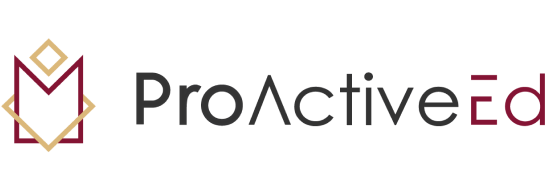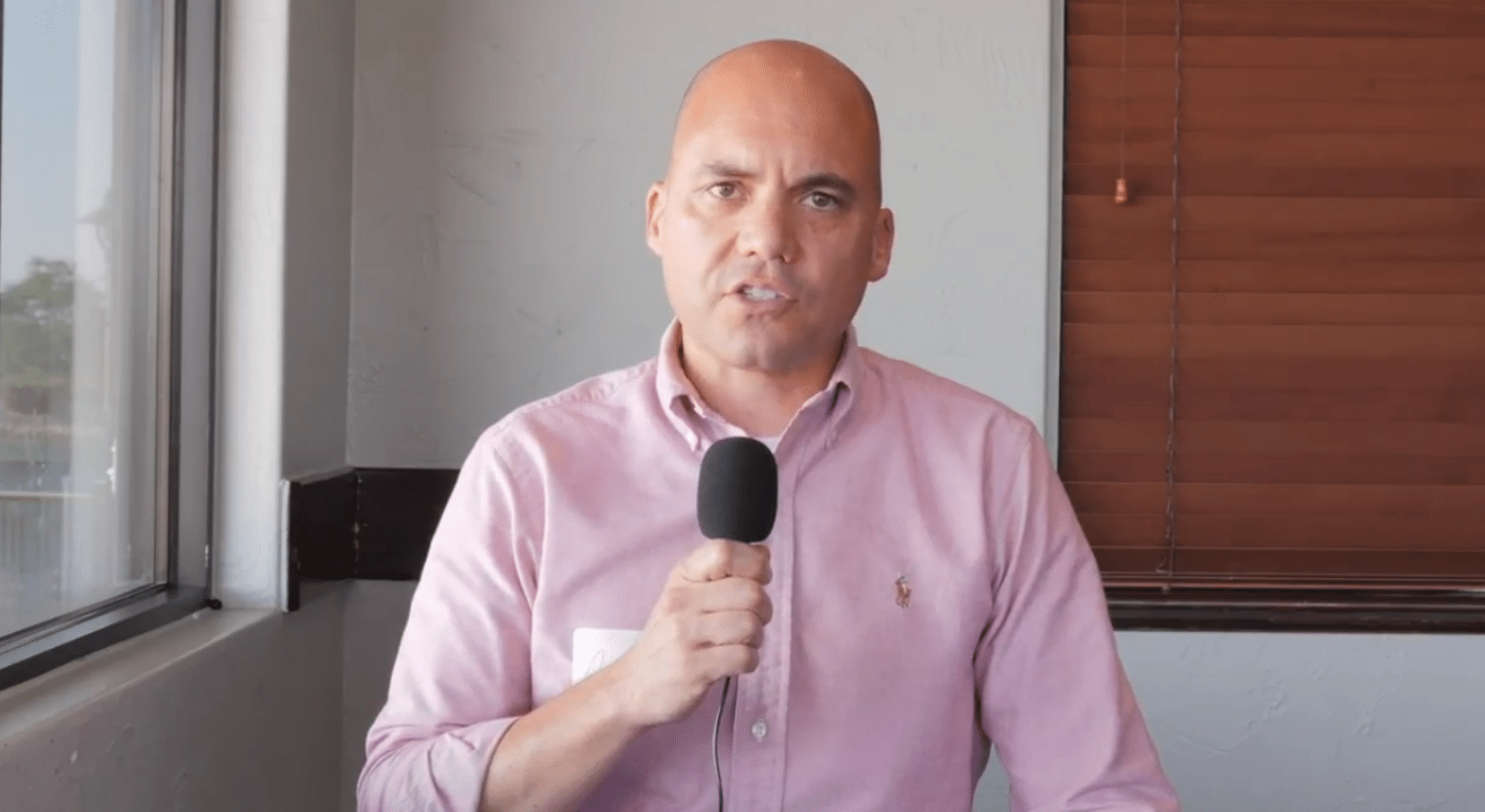2020-2021 School Year
Mark Twain Elementary struggled in creating a positive and collaborative school culture as a result of changes in administrative staff.
2021-2022 School Year
Academic gains were made after a steady shift in focus to cultivating relationships and effective first instruction.
2022-2023 School Year
Focus on bolstering and redirecting resources to improve professional development that impacts student achievement.
About Mark Twain Elementary
Beloved by families and the community, Mark Twain Elementary School in Oklahoma City serves around 307 students in kindergarten through fourth grade. The student population is made up of at least 85% English Language Learners (ELL). Principal John White, who joined the Wildcats in 2019 as Assistant Principal and then moved into the Principal position in 2020, leads Mark Twain and is rightfully proud of their award-winning science program.
The Goal
Partnering with his staff, John White put “building relationships and improving student achievement” at the forefront of everything they do at Mark Twain Elementary. Moving forward, he promised to continue supporting teachers and students facing challenges with innovation and collaboration.
The Barriers
In the 2020-2021 school year, Mark Twain was 19% behind the state in English Language Arts and 16% behind in Math. Tasked with weeks-long state assessments in their non-native language, newcomer students and students with profoundly limited English skills struggled. Further, 98% of families report being economically disadvantaged. Data continues to show the strong relationship between low socioeconomic status and its negative impact on students’ performance in school.
The Solution
Determined to overcome the challenges they faced and with help of ProActiveEd, Principal White and his staff began the path toward becoming a ProActive School.
As any ProActive School journey begins, the ProActiveEd team collaborated with Mark Twain educators to first focus their efforts on carefully selected power initiatives. Faced with challenges among staff and administration, ProActiveEd worked closely with Principal White to build a collaborative culture that would ultimately drive the shift necessary to impact student achievement. Given that the school needed to boost student achievement overall and that its student population is made up of at least 85% English Language Learners (ELL), White and his team knew it was essential to focus on improving ELL instruction, as a result, they spent time collaborating in PLCs (professional learning communities).
In pursuit of these initiatives, Mark Twain educators and the ProActiveEd team honed in on Data-Driven Instructional Cycles® that are proven to, when done effectively and with fidelity, positively impact student achievement. Areas of focus in this first year of engagement included intense strengthening of PLC practices, focused lesson preparation, and intentional language-rich classrooms.
First-Year Results
Data and survey responses from Mark Twain educators were collected at select milestones throughout the year using ProActiveEd’s innovative Progress Monitoring Tools. Highlights of the first-year results are outlined below.
Grade 3
In Grade 3 Math, there was a strong correlation between PLC fidelity and student benchmark scores. Teachers who reported about 90% PLC fidelity saw Math achievement around 58% and ELA around 54%. While these numbers are low, they are a marked improvement from the beginning of the year when scores were at 27% in Math and 23% in ELA. ProActive Schools track and celebrate every instance of growth.
With an 85% average PLC fidelity score, Grade 3 ELA had a high correlation between language-rich classroom practices and student achievement in both ELA and Math. Similarly, teachers who reported high fidelity in culturally responsive teaching had a moderate correlation to benchmark scores in both ELA and Math.
Grade 3 data also showed an undefined relationship in standards deconstruction, assessment literacy, and lesson preparation. When fidelity scores of 100% are compared to very low benchmark scores, the calculation is mathematically unsolvable. These assertions translate to an undefined relationship between the adult influences in each area and student achievement. Further focused study and monitoring are necessary to define the relationship that each adult action has on student achievement and to develop a common language for teachers to examine gaps in instructional practices and areas for improvement.
Grade 4
In Grade 4 Math, there was a very strong correlation between PLC fidelity and student benchmark scores. Teachers who reported about 82% PLC fidelity saw Math achievement around 54% and ELA achievement at 60%. Teachers who reported 55% fidelity saw Math and ELA scores at 53%.
Additionally, Grade 4 data shows a perfect correlation between standards deconstruction and Math benchmark scores. Teachers report an average 97% fidelity in standards deconstruction seeing an average of 54% on Math benchmark scores.
While correlations are high for assessment literacy when compared to Math scores, there exists inconsistency in ELA. Teachers must internalize assessment rigor and priority standards in order to streamline their instruction and effectively prepare students for exams. As teachers study assessments, the correlation between how they spend their time in PLCs examining assessments, creating, and revising assessment items will have a marked increase in student assessment readiness.
Schoolwide
Mark Twain implemented attendance drives meant to improve daily student attendance. However, data showed that they had little to no impact on student achievement. It is worth noting that strong attendance is generally correlated with stronger student achievement, so the question is how can Mark Twain educators support attendance improvement without draining resources or energy from efforts proving to have a stronger impact on academics?
Next Steps to Becoming ProActive
While highlights exist, there is always room for improvement, as Principal White would agree. It’s this positive, forward-facing attitude that ensures Mark Twain is committed to being a ProActive School. Observations about PLCs indicate a need for continued support in 1) strengthening effective first instruction, 2) redirecting valuable resources from labor-intensive attendance drives to more effective projects, and 3) creating a common language among educators to improve instructional practices, collaboration, and communication.
ProActiveEd is committed to a continued partnership with Mark Twain educators to address this culture and shift toward being more instructionally and culturally impactful in the 2022-2023 school year. Mark Twain’s staff will benefit from resolutely and consistently carrying on these initiatives into the following school years to see noteworthy performance growth.

